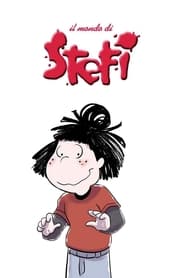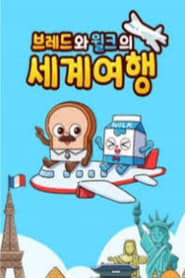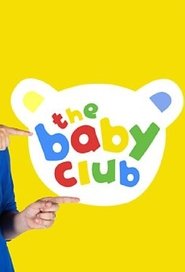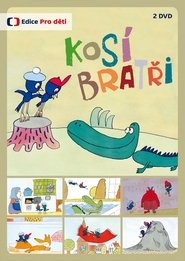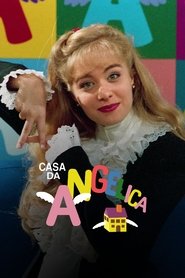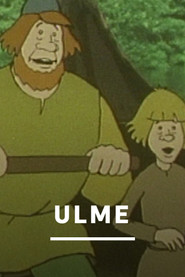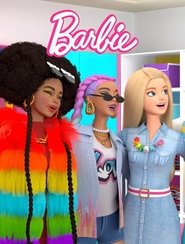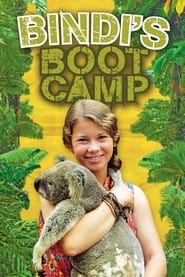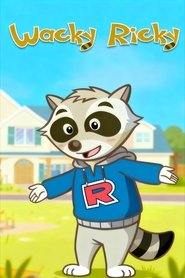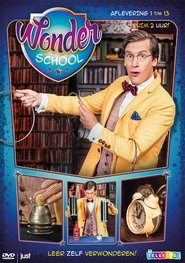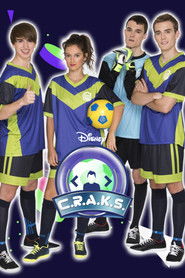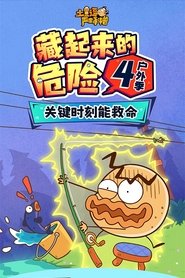Kids TV Series - Page 269
-
土豆逗严肃科普 第2季
2023
土豆逗严肃科普 第2季
2023
-
Il mondo di Stefi
2008
Il mondo di Stefi
2008
-
브레드와 윌크의 세계여행
2022
-
The Baby Club
2019
The Baby Club
2019
The Baby Club is a ground-breaking series aimed at parents and carers of 6-to-18-month-old babies. Each episode is firmly rooted in academic research and replicates the activities of community baby groups all over the world. Hosted by Giovanna Fletcher and Nigel Clarke, these engaging presenters welcome six babies and their grown-ups, leading on-screen activities and encouraging interaction at home. In each programme the group play together and grow while exploring everyday objects through fun activities, catchy songs and simple stories. -
Kosí bratři
1980
-
Casa da Angélica
1993
Casa da Angélica
1993
-
Bassie & Adriaan: The Lost Crown
1988
The Baron and his cronies steal a precious crown and hide in a secret room of an abandoned castle. With the help of their tiny robot Robin, Bassie and Adriaan set out to find the crown and return it to the museum. -
Ulme
1986
Ulme
1986
-
Barbie's Dreamworld
2021
Barbie's Dreamworld
2021
Barbie's Dreamworld is a CGI-animated YouTube series animated by Relish Studios. It began in 2021 and follows Barbie "Malibu" Roberts, her family and her friends as they go on adventures. The themes of the series are fashion, music, friendship and fun. The series is composed of several different miniseries. -
Bindi's Bootcamp
2012
Bindi's Bootcamp
2012
star 6Bindi's Bootcamp is an Australian children's game show television series aired on ABC3 on 7 July 2012 until 29 September 2012. It was hosted by Bindi Irwin. -
Wacky Ricky
0000
Wacky Ricky
0000
"Wacky Ricky" is a 100-episode serialized animation from Little Fox’s Level 2 graded series, with an AR level of 1.7. -
Wonderschool
2015
-
C.R.A.K.S.
2017
C.R.A.K.S.
2017
-
À table T'choupi !
2016
À table T'choupi !
2016
-
Faraday
2024
Faraday
2024
-
Treehouse
2025
Treehouse
2025
From magic shows and musical games to wibbly-wobbly jelly dances and treasure hunts, the gang celebrates friendship, curiosity, and teamwork in a nature-inspired environment. Perfect for young hearts ready to giggle, learn, and play along. -
长征先锋第一季
2021
长征先锋第一季
2021
-
土豆逗严肃科普:藏起来的危险4
2025
土豆逗严肃科普:藏起来的危险4
2025

